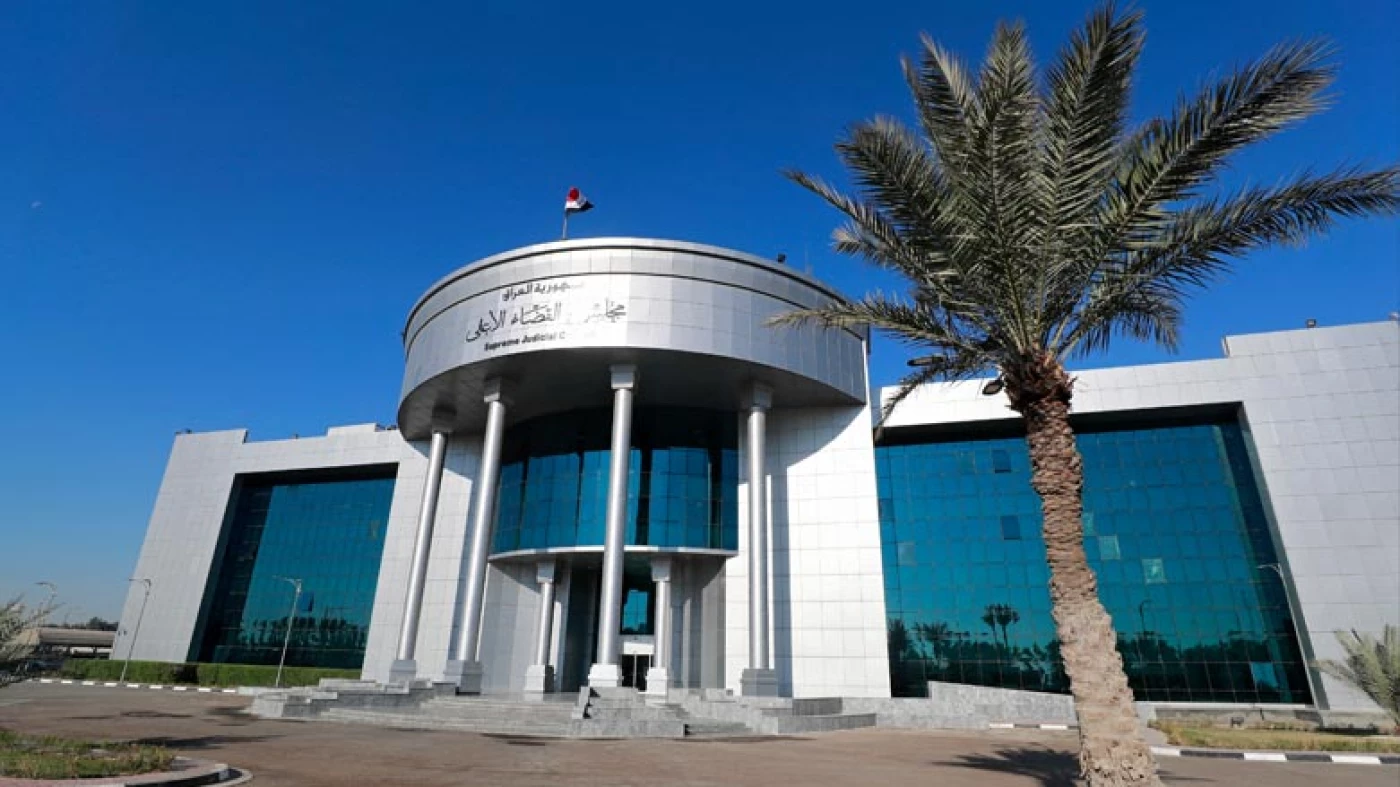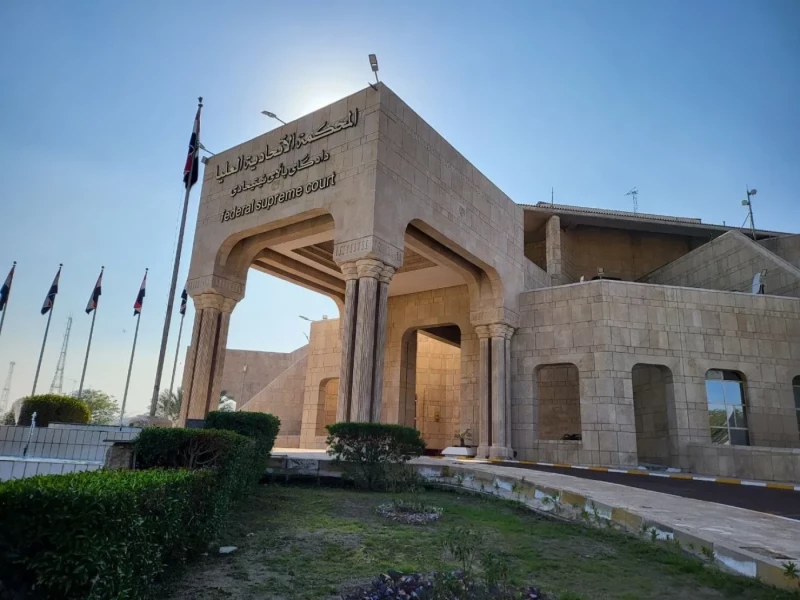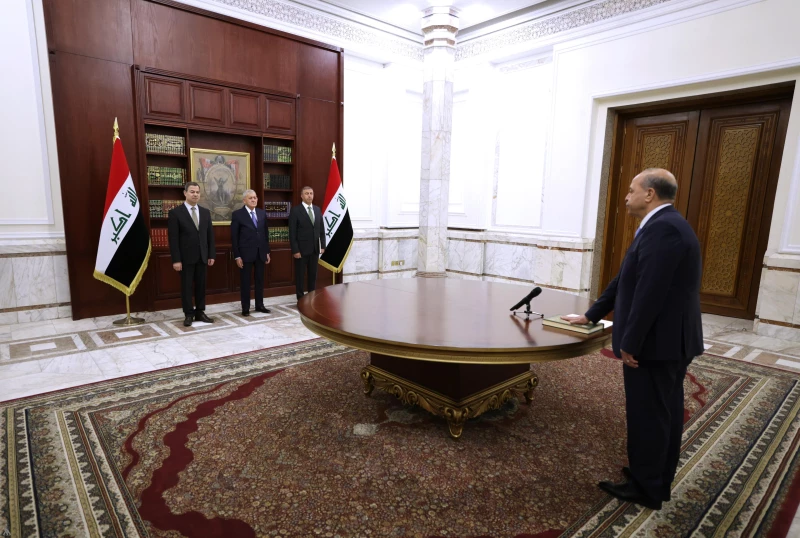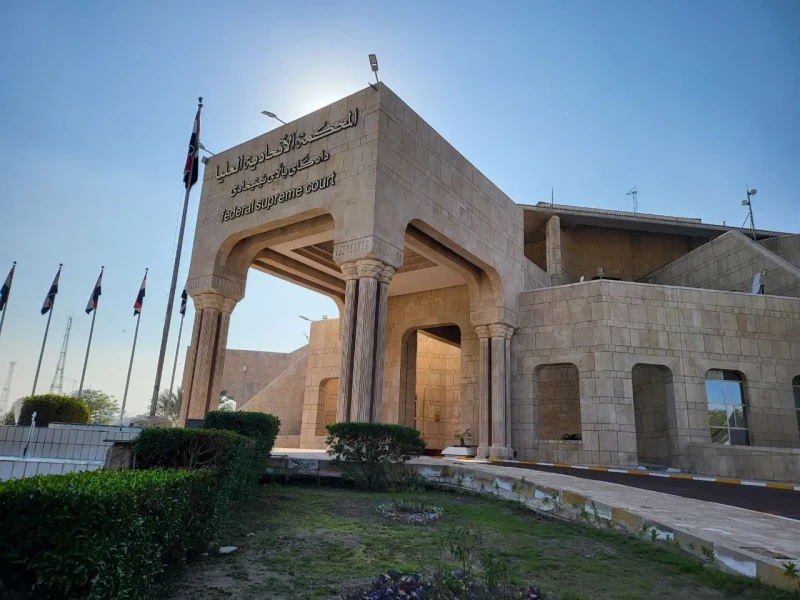ERBIL, Kurdistan Region - The Iraqi Federal Supreme Court on Sunday set Tuesday as the date for considering appeals against the three controversial laws, namely, the Personal Status Law, the General Amnesty Law, and a law to return properties to rightful owners affected by decisions of the now-dissolved Revolutionary Command Council.
In a Sunday statement, the Federal Supreme Court said that it “set February 11 as the date for considering the appeals submitted against the vote on the three laws (general amnesty, personal status, and return of real estate)."
The Iraqi parliament in late January voted to pass the three major pieces of legislation.
Last week, Iraq's Federal Supreme Court issued a temporary ruling to suspend the implementation of the three controversial bills passed by the Iraqi parliament, sparking anger and controversy.
The court had said that the suspensions would remain in force until the legal complaints against the bills are settled and their constitutionality is verified.
On Wednesday, however, Iraq’s Supreme Judicial Council ruled that laws passed by parliament cannot be suspended before their official publication in the government gazette.
The Amnesty law was among the main requests of the Sunni component upon the election of Prime Minister Mohammed Shia’ al-Sudani.
The bill was passed through an agreement between Sunni and Shiite lawmakers in return for passing the Shiites’ highly-demanded amendments to the Personal Status Law. The passing of the General Amnesty sparked a lot of controversy in recent weeks, with many claiming that the law would release many who have been imprisoned on terrorism charges, causing security concerns.
A coalition of 10 lawmakers had filed legal complaints to the top court, calling for suspending the implementation of the bills, as they claimed that the voting procedures during the parliamentary session in which they were passed were “not sound.”


 Facebook
Facebook
 LinkedIn
LinkedIn
 Telegram
Telegram
 X
X



